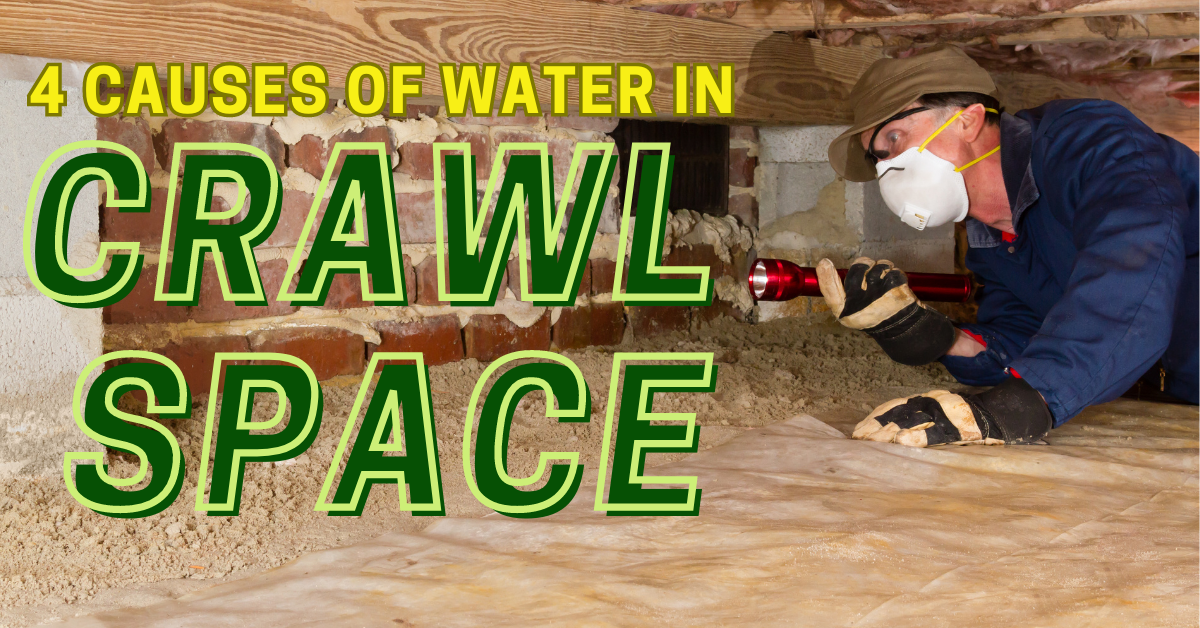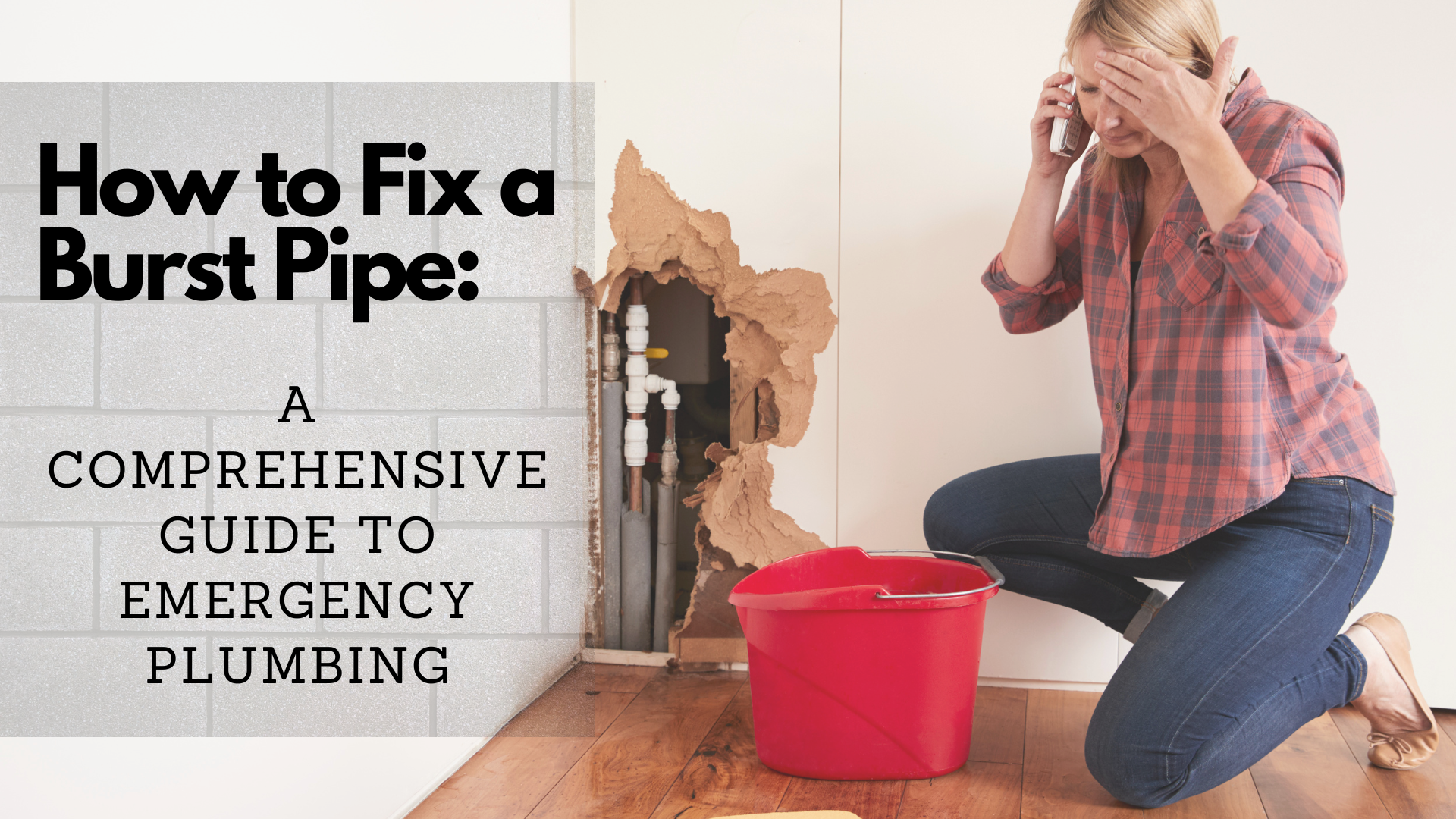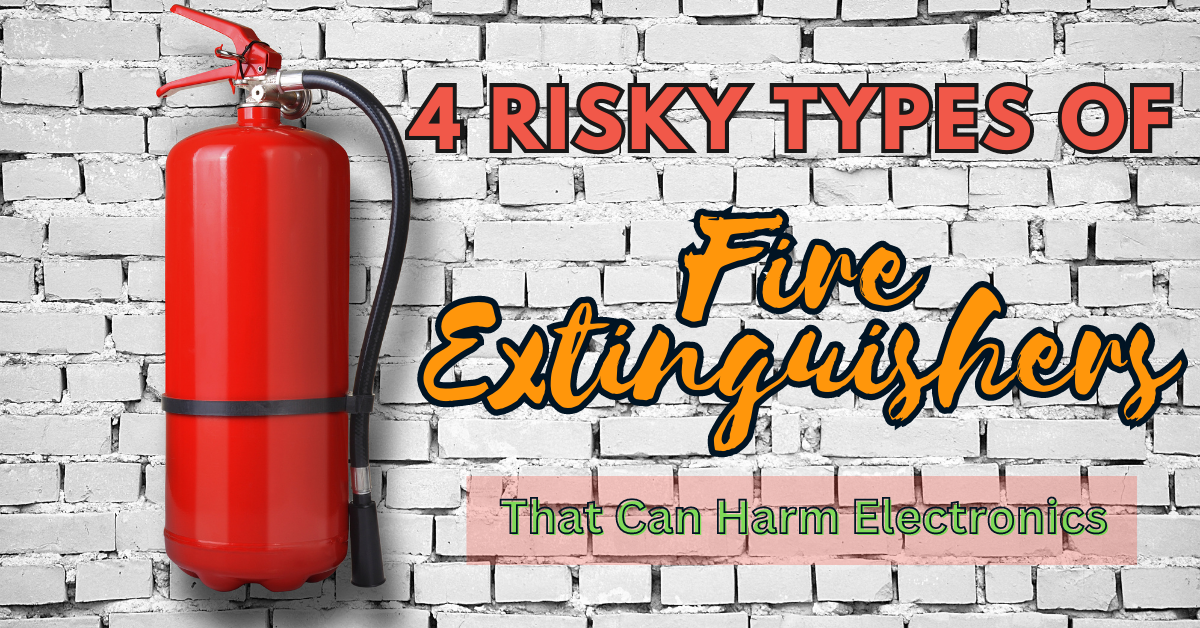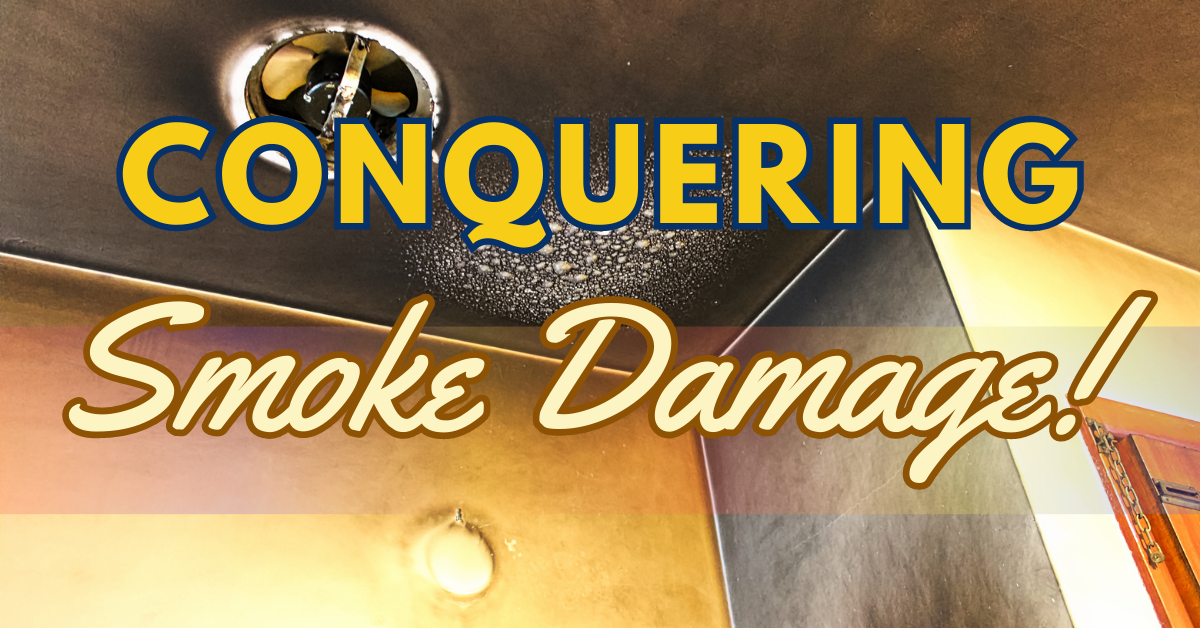 Water in crawl space is often overlooked by many homeowners as it is an area of their home that cannot be decorated for curb appeal. However, it is susceptible to water damage, especially during heavy rains or other factors. Once moisture enters your crawl space, it can have severe consequences, negatively affecting not only your home and foundation but also your health.
Water in crawl space is often overlooked by many homeowners as it is an area of their home that cannot be decorated for curb appeal. However, it is susceptible to water damage, especially during heavy rains or other factors. Once moisture enters your crawl space, it can have severe consequences, negatively affecting not only your home and foundation but also your health.
Is Water in Crawl Space Normal?
Most crawl spaces have moisture, and if you live in a rainy or humid area, a tiny amount can be normal. However, allowing that tiny amount of water in your crawl space to stay is not a good idea. Standing water could make your crawl space a conducive place for mold and mildew growth and may affect the structural integrity of your home.
What is a Crawl Space?
A crawl space is narrow-like a basement that can be a home’s foundation. Moreover, it is vented to the outside to allow circulation of air below the house. Besides ventilation, this part of the home is often an access point for plumbing and electrical within your property.
Common Causes of Water in Crawl Space
Check the following on how water in crawl space begins.
-
Subterranean or Ground Water
If there is water in crawl space, it is possible that saturation of the ground has occurred due to rainy days or snowmelt during thawing days. In such cases, water will seek out a path that can lead it directly to your crawl space. The ground around your home may become saturated by rainwater or snowmelt, which can contribute to water buildup in your crawl space. Saturation of the ground occurs after rainy days and during the thawing days from snowmelt. If this happens, water will try to find a path that will eventually lead directly to your crawl space. Sometimes the rainwater or snowmelt is responsible for saturating the ground around your house.
-
Leaky Windows
Most homes with crawl spaces and basements also have windows and vents. If there are any gaps in your windows and vents, water will try to find its way inside. This may cause water infiltration to your crawl space. Inspection and maintenance of your basement windows and vents regularly are necessary.
-
Plumbing Issues (Internal and External)
Another reason for water in crawl space is internal and external plumbing issues. You might want to check your malfunctioned sump pump or an unexpected burst pipe inside your property. Moreover, a sewer line malfunction can also contribute to water problems in crawl space. Water from a broken line may fill up your crawl space.
-
Grading Issues
Improper grading of your property can also be a reason for water in the crawl space. If it is uneven, the foundation traps the surface water. In addition, if there are rainstorms or flash flooding cases, water can find its way into your home’s crawl space.
If water runs deeply into the ground, it can possibly turn the vents into spouts. Thus, leading to and allowing more water to enter.
Do You Have Water in Crawl Space? Check Out the Signs and Effects
Several signs of issues can arise if there’s water in the crawl space. Usually, the crawl space is dark and if it is damp, together with organic materials, encourages mold growth. Mold can easily produce mold spores and spread throughout which can cause a musty smell in your home. Other signs may include cupping of hardwood flooring and wood rot that could encourage carpenter ants and termites leading to damage of subfloor materials underneath your home.
And if your crawl space doesn’t have a dehumidifier, humidity levels can increase since a lot of crawl spaces have earthen floors that are exposed and allow moisture to seep out. Moreover, humid air can also lead to higher energy bills since your AC has to work harder to decrease the temperature.
How to Fix Water in Crawl Space?
Check out the following solutions when you’re dealing with water damage:
- First, identifying or finding the water source is necessary and the first step in getting rid of moisture. Then fix, either block the cause or correct it.
- Get rid of standing water. Depending on the amount of water, use a sump pump or a wet vacuum.
- Run and use a dehumidifier to lower the levels of humidity and help prevent mold and mildew growth.
- If you opt to correct a crawl space issue on your own, you may consider the following steps.
1. Roll up and remove any existing plastic vapor barrier.
2. Dig a trench around the whole interior of the crawl space, along and through the foundation walls.
3. Lay the drain pipe or a 3-inch perforated pipe in the trench to assist in collecting water and directing it to the area where the sump pump is located.
4. Use gravel to fill the trench and cover the drain pipe. Then just evenly spread any remaining soil (from digging the trench) around the crawl space.
5. Install a ground-fault circuit interrupter of GCI in your crawl space either by yourself or hire an electrician.
6. Install a sump pump at the low-end part of the perimeter trench. Whenever water collects in the trench, the sump pump will automatically do its work.
7. Install and lay the new vapor barrier over the ground to prevent vapor transfer.
You may also install new vents in the exterior wall of your home’s crawl space. If the space is large, you may use electric ventilation fans for the facilitation of cross-ventilation in the crawl space.
Crawl Space Moisture Issues
So, is water in the crawl space normal? The answer is “yes”, you’ll expect moisture but the problem lies when standing or puddles of water stays and accumulates. If neglected, many issues will arise and you wouldn’t want that to increase your headache!
Contact Superior Restoration now! We’ve been around for a long time as an independent company and are always here to help you, anytime. Our skilled team has the best tools and knowledge to handle water damage restoration and mold damage remediation.
Don’t hesitate to reach out to us today for fast and trustworthy service. We’re dedicated to resolving your water and mold problems efficiently.




